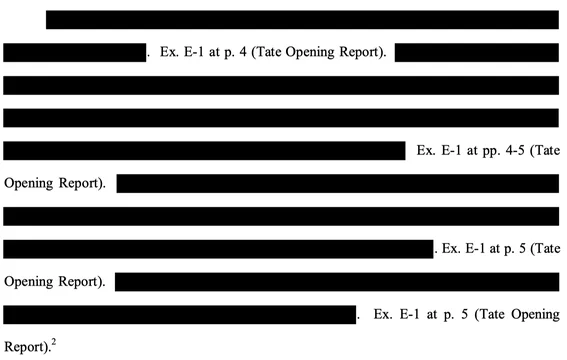A while back, I wrote a primer on how to go about requesting redactions to a hearing transcript. In short, after the reporter prepares the transcript, you'll get a docket entry like the below:

Under the Court's "Policy on the Electronic Availability of Transcripts of Court Proceedings," you need to file a motion to request redactions of anything other than specifically listed personally identifiable information (e.g., social security numbers, names of minor children, etc.).
We noted in that post that the deadline for filing such a motion wasn't clear but that it was "definitely a good idea" to move before the release of the transcript restriction.
Just today, however, Judge Connolly issued an order suggesting that moving even earlier is the best practice, denying as moot a motion to redact filed 6 days after the hearing and 2 days after the notice above hit the docket, stating:
At no point during the June 8 hearing did counsel ever ask for an opportunity to redact the transcript. On June 12, 2023, consistent with the Court's policies and practices, the transcript was made available at a public terminal in the Clerk's Office and purchased copies of the transcript were provided to individuals by the court reporter.
Backertop Licensing LLC v. Canary Connect, Inc., C.A. No. 22-572-CFC (D. Del. June 20, 2023) (Order)
Now, as you may have guessed from the citation, this particular hearing was in a worse position to request redaction than most. For one thing, it was attended in person by two of Delaware's most revered and beloved journalists, so the cat was further out of the bag than usual.

Regardless, it's probably best practice going forward to file any motion to seal or redact a transcript before it becomes available at the public terminal, to avoid any argument that the motion is moot due to the transcript already being accessible to the public.
If you enjoyed this post, consider subscribing to receive free e-mail updates about new posts.





